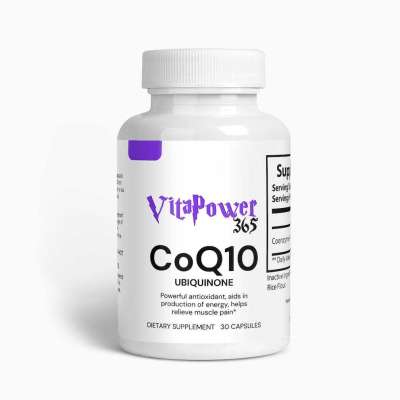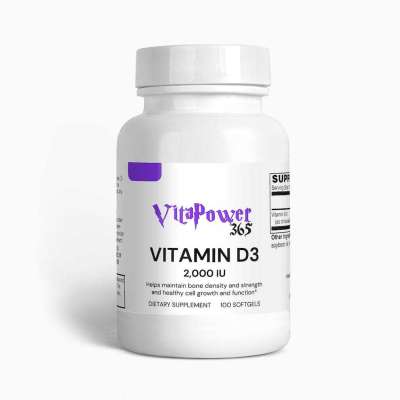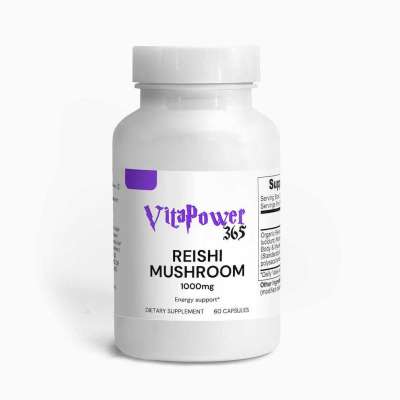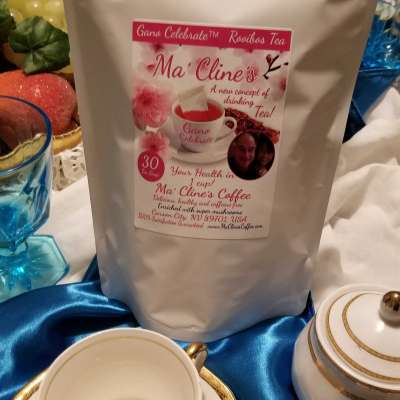Fat Replacers Market Global Market Size 2025–2035
Market Overview
The Fat Replacers Market accounted for USD 2.74 Billion in 2024 and is expected to reach USD 5.31 Billion by 2035, growing at a CAGR of around 6.2% between 2025 and 2035. This market focuses on developing and supplying substances that substitute traditional fats in foods while retaining taste and texture. These alternatives include carbohydrate-based, protein-based, and fat-based replacers and are commonly used in snacks, baked goods, and dairy products.
The surge in consumer demand for low-fat, calorie-reduced foods—driven by concerns about obesity, heart disease, and diabetes—has accelerated innovation in the fat replacers space. Manufacturers are now creating clean-label, plant-derived fat substitutes that promote health without compromising flavor or mouthfeel.
Request Sample-https://www.metatechinsights.c....om/request-sample/19
Market Dynamics
Rising demand for low-fat, calorie-reduced products
As awareness of lifestyle-related illnesses increases, consumers gravitate toward low-fat, low-calorie alternatives. Ketogenic and health-centric diets are fueling this trend. Clean-label demands also push manufacturers to use natural, plant-based ingredients such as proteins and carbs to create fat replacers that are healthy and functional.
Full Report-https://www.metatechinsights.c....om/industry-insights
Regulatory push boosts innovation
Government mandates on reducing saturated fats and trans fats are prompting companies to invest in R&D. The development of plant-based and enzyme-assisted fat replacers has become a strategic necessity to comply with health regulations and labeling norms. This regulatory backing is fueling steady innovation in functional fat substitutes.
Sensory challenges slow adoption
Taste, texture, and mouthfeel replication remain significant barriers. Consumers often reject fat replacer products if they experience undesirable changes in flavor or texture. The complexity of simulating the rich sensory profile of traditional fats continues to challenge food technologists, limiting broader acceptance.
Growth driven by health-conscious consumers
Increased demand for functional, clean-label foods is helping fat replacers penetrate dairy, bakery, and snack sectors. Plant-based and protein-rich fat replacers are now central to health-oriented diets and low-calorie formulations. Consumers' growing concern about obesity and metabolic disorders keeps demand strong across product categories.
Urbanization fuels demand in emerging markets
Urban growth in countries across Asia-Pacific and Latin America is bringing middle-class consumers greater access to health-focused food options. Rising disposable incomes and better awareness of health risks are pushing demand for low-fat, functional products. These markets are now hotspots for new fat replacer innovations using soy, pea protein, and enzymatic emulsifiers.
Segment Analysis
By Type
• Carbohydrate-Based Fat Replacers dominate due to their ability to replicate fat texture while being cost-effective. Starches, pectins, and celluloses are widely used in baked goods, dairy, and snack items.
• Protein-Based Fat Replacers cater to high-protein food trends, offering functionality and improved nutritional profiles.
• Fat-Based Fat Replacers are used less frequently due to challenges in replicating true fat profiles without compromising nutritional value.
By Application
• Bakery and Confectionery lead the application segment. Starches and gums are used to retain moisture and texture in cakes, cookies, and pastries. These fat replacers help extend shelf life and maintain quality in low-fat bakery products.
• Other key segments include dairy & frozen desserts, convenience foods, processed meats, snacks, and beverages, all of which benefit from fat replacer integration in health-focused formulations.
Buy Now-https://www.metatechinsights.com/checkout/1925
Regional Analysis
North America
This region leads the market due to strong consumer preference for low-fat, clean-label products and stringent regulatory frameworks. Major players like Cargill, ADM, and Ingredion are innovating rapidly with carbohydrate and protein-based fat substitutes.
Asia-Pacific
The fastest-growing region, driven by health-aware urban consumers in India, China, and Japan. The adoption of plant-based diets, coupled with rising incomes and food processing innovations, is boosting demand for fat replacers in multiple food categories.
Competitive Landscape
Major companies are focusing on innovation, sustainability, and plant-based solutions:
• Cargill and ADM lead with carbohydrate-based solutions.
• Kerry Group and Tate & Lyle focus on protein-based replacers.
• Ingredion offers custom fat replacer blends for bakery and dairy.
• DSM-Firmenich, Corbion, and Ashland Global are investing in enzymatic and fermentation-based solutions.
• Nano-structured and AI-optimized formulations are emerging trends, with companies adopting eco-friendly processes and strategic partnerships to gain a competitive edge.
Synes godt om
Kommentar
Del












